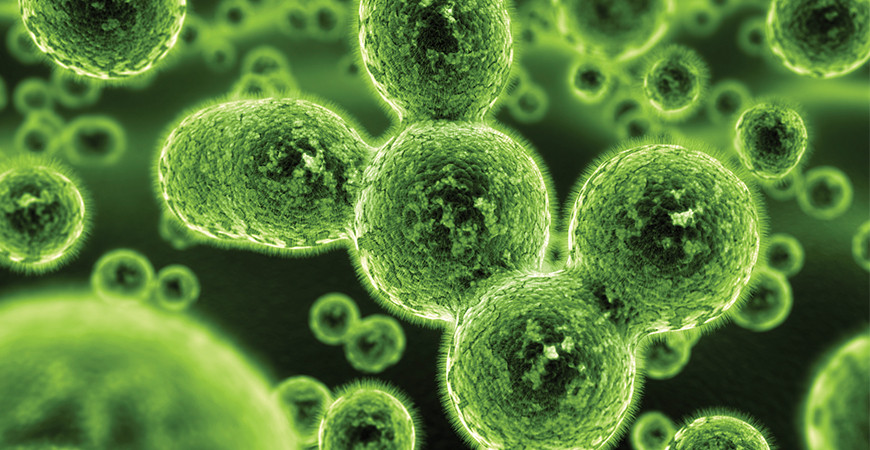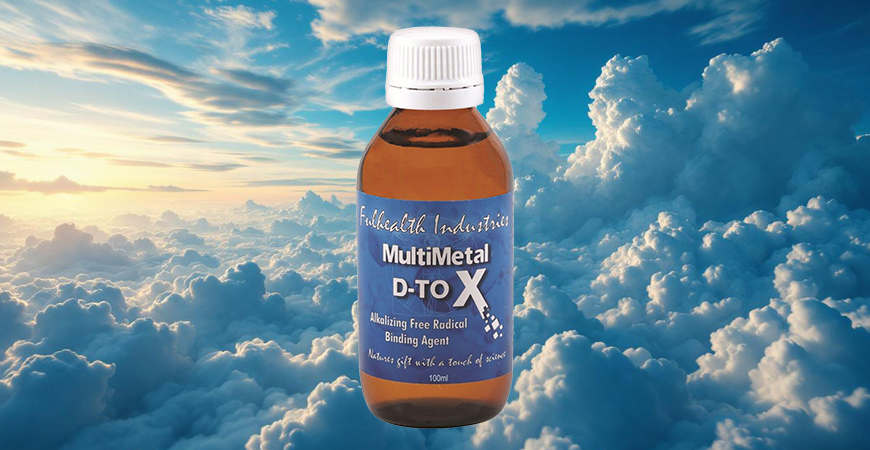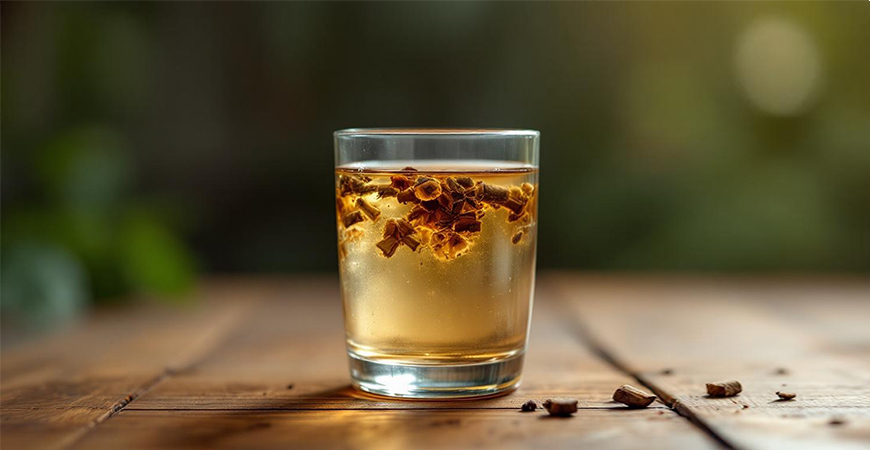What Are ProBiotics?
Probiotics are the beneficial bacteria that provide a balanced pH environment in the digestive tract.
The word biotic comes from the Greek word biotikos, from bios life. Hence the word probiotic, or pro life.
When your body is packed full of these pro life bacterium (and there are over 100 trillion micro-organisms from some 400 different species that flourish in your intestinal tract), these bacteria help balance your pH, aid in digestion, absorption and the production of significant amounts of vitamin B and enzymes, help process and eliminate toxins, that then gives you vibrant health energy.
Check the ingredients of the vast majority of probiotic formulas available to you and you will see the bacteria’s are either fed on sugar or lactose (milk sugar) or a combination of both.
Pro-Biotic formulas’ that are fed on sugars and lactose are created for ease of manufacture, not for you the consumer.
So what Are Probiotics?
Let’s call probiotics what they are—live bacteria and yeasts.
But not the ones that make you sick.
No, think of them as the “good guys” of your digestive system.
When you consume probiotics, you add to the army of helpful bacteria already living in your gut.
These little friends show up in foods and supplements for one big reason: they support your overall balance and well-being.
Why care? Your gut isn’t just a food tube and digestive station.
It’s a bustling city and hopefully a thriving community home to trillions of bacteria.
When this community runs smoothly, you feel it everywhere—energy, digestion, even mood.
THAT is why probiotics have people talking.
The Science Behind Probiotics
What do probiotics actually do once inside you?
They show up in your gut microbiome—that’s the community of bacteria living in your intestines.
When you eat, breathe, or even stress, this community changes.
Probiotics step in to keep the peace.
Think of them as tiny mechanics, tuning up your digestive “engine” and keeping everything humming.
Some probiotics cling to your gut lining, blocking unwelcome guests.
Others send signals that calm inflammation.
A few even help you digest food and create vitamins in particular the B group vitamins.
How Probiotics Support Gut Health
Here’s the deal… digestion is messy.
Without enough good bacteria, things get off-track—bloated bellies, irregular trips to the bathroom, that sluggish heavy feeling.
Probiotics give your gut backup.
They help break down stubborn parts of food and actually balance out the “bad” bacteria when things get unsteady (hello, antibiotics or junk food).
Want to feel lighter? More regular? This is where probiotics honestly shine.
Impact of Probiotics on Immune Function
Guess where most of your body’s defense lives? Right—your gut.
Around 70 percent of your immune cells work there.
When probiotics strengthen your gut barrier, they help stop unwelcome bugs from sneaking through.
Some strains even “train” immune cells to spot threats faster.
So the more good bacteria that reside in your gut the stronger barrier and better defense against disease.
Key Probiotic Strains and Their Benefits
Not all probiotics are the same with some being famous for their flexibility.
Others for their stubborn strength.
As there are many beneficial bacteria that can be in a good probiotic, there are two that are noted to be of great importance.
When choosing a probiotic, look for the following characteristics, because not all strains of beneficial bacteria are created equal.
For each type of bacteria, there are recognised super strains with Lactobacillus and the Bifidobacterium being the most beneficial for human health.
Lactobacillus: : A Versatile Probiotic
Lactobacillus acidophilus resides primarily in the small intestine and produces a number of powerful antimicrobial compounds in the gut (including acidolin, acidolphilin, lactocidin, and bacteriocin).
These compounds can inhibit the growth and toxin producing capabilities of some 23 known disease causing pathogens (including campylobacter, listeria, and staphylococci), as well as reduce tumour growth and effectively neutralise or inhibit carcinogenic substances.
Lactobacillus plantarum has the ability to eliminate thousands of species of pathogenic bacteria.
It also has extremely high adherence potential for epithelial tissue and seems to favour colonising the same areas of the intestinal tract the E. colo prefers – in effect, serving to crowd E. coli out of the body.
At one time, plantarum was a major part of our diets (found in sourdough bread, sauerkraut, etc.) but is now scarce if nowhere to be found.
Lactobacillus Sporogens: Resilient Beneficial Bacteria
Now, these are the survivors.
Much has been written about the properties of the soil-based bacteria and heartiest of them all – Lactobacillus sporogens.
Unlike softer strains, lactobacillus sporogens tough out stomach acid and make it all the way to your gut, where they start their good work.
They’re strong, reliable, and keep on working when others fade.
Thorough scientific research and development has shown that this bacteria is almost indestructible, ensuring that proper re-colonisation of the gut takes place.
For many people this bacterium can produce a mighty power boost to the immune system.
Other important friendly bacteria you might find in a good formula include Streptococcus thermophilus and Lactobacillus casei.
Bifidobacterium: Gut Health Specialist
Picture bifidobacterium as your gut’s primary builder.
It’s there from birth, helping digest fibers, stopping gas, and fighting off bad microbes.
This strain supports a calmer, less irritable gut.
People with sensitive stomachs or chronic bloating often see the most change with this one.
Many researches believe that declining levels of bifidobacteria in the large intestines actually mark the eventual onset of chronic degenerative disease.
Bifidobacteria benefit the body in a number of ways.
- They consume old faecal matter;
- They have the ability to remove cancer-forming elements, or the enzymes which lead to their formation;
- They protect against the formation of liver, colon, and mammary gland tumours;
- And in addition to all of that, bifidobacteria are substantial producers of a range of the B vitamins.
Sources of Probiotics and How to Include Them in Your Diet
You want more of these good bacteria—but where do you find them?
It’s not just about pills because Mother Nature, as always provides.
Mother Nature gave us an easy shortcut: fermented food.
- Yogurt (make sure it says “live cultures”)
- Kefir (a tangy milk drink)
- Sauerkraut and kimchi
- Miso and tempeh
- Pickles (the kind made with salt, not vinegar)
- Eating a spoonful or two daily can invite helpful bacteria to your gut naturally.
Probiotic Supplements: What to Look For
If you’re not a fan of tangy food and probiotic supplements are your choice, look for:
- At least 1 billion live cultures per serving
- Strain names on the label (like lactobacillus, bifidobacterium)
- Storage instructions (some need refrigeration)
Note: A good probiotic formulation also contains fruct-oligosaccharides (FOS) which help promote the growth of beneficial bacteria. For some of these bacteria, such as the Bifidus, FOS can increase their effectiveness by a factor of 1,000 times or more!!!
Related articles
Is a Probiotic Supplement Necessary?
How To Improve Your Metabolism
A Receptive Bowel For Good Health



